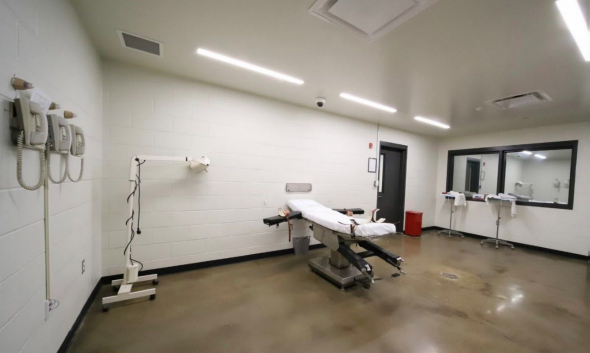Media Outlets Battle Indiana's Execution Reporting Blackout

In a bold legal challenge, major media organizations are pushing back against Indiana's restrictive execution witness policies. The lawsuit, filed in federal court, seeks to expand press access and transparency surrounding capital punishment in the state.
Representing the interests of journalism and public accountability, multiple media companies have united to challenge current regulations that severely limit reporters' ability to observe state executions. By filing a comprehensive legal complaint in the U.S. District Court, these organizations aim to shed light on a process typically shrouded in secrecy.
The media plaintiffs argue that current restrictions fundamentally undermine the public's right to know and independent reporting on a critical aspect of the criminal justice system. Their lawsuit challenges longstanding state rules that effectively block journalists from directly witnessing execution proceedings.
This legal action represents a significant effort to promote transparency and ensure that the public can receive comprehensive, firsthand reporting about capital punishment practices in Indiana. The outcome could potentially set a precedent for media access in execution protocols across the state and potentially beyond.
